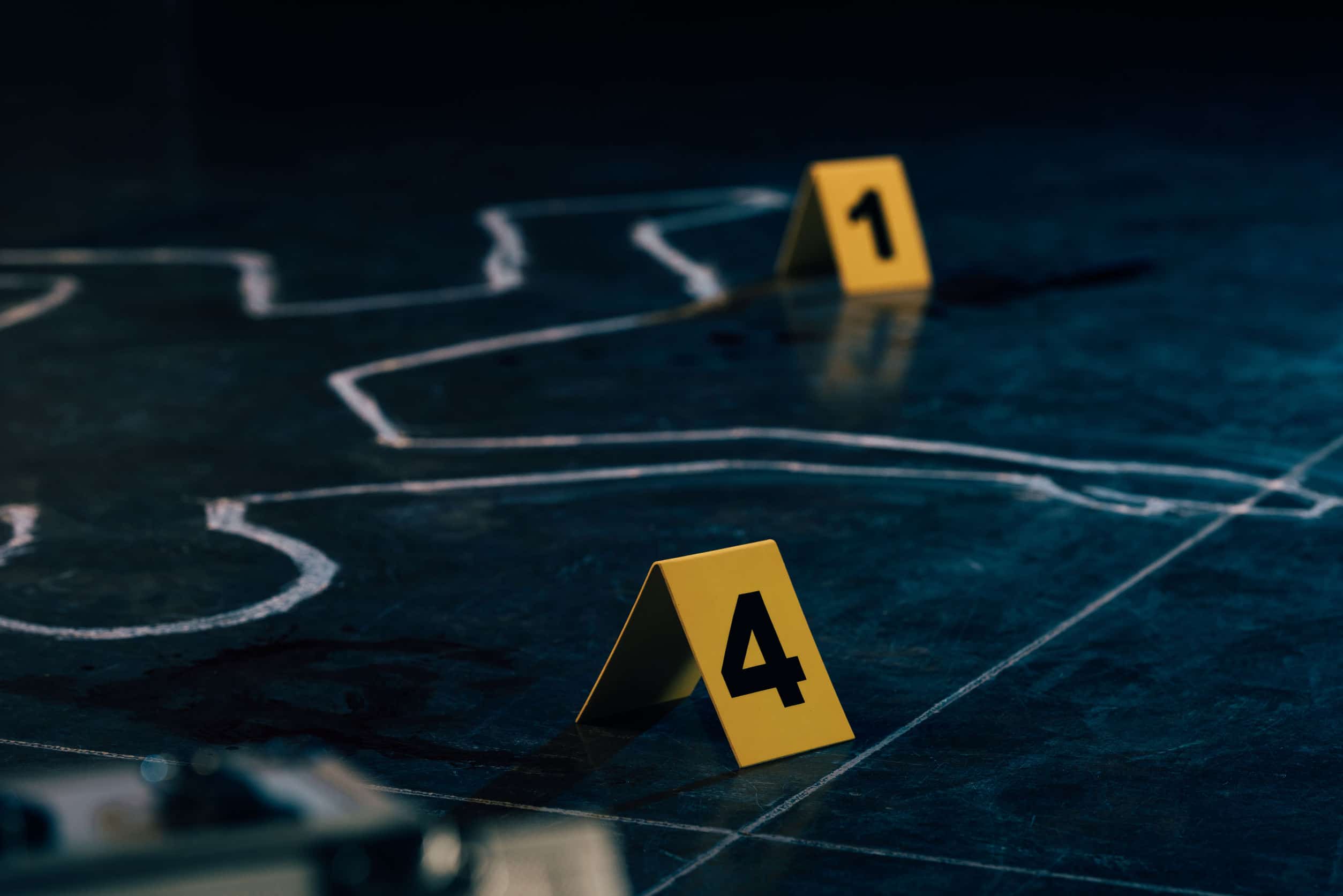2020 has been hard for many reasons, but Denver is suffering from a very specific problem on top of all that. Compared to last year, murder rates from January to May of this year are up an astounding 50%. This disturbing increase is part of a wave of violence that includes an additional 25% increase in aggravated assaults as well.
Several recent shootings have raised awareness of this violent wave hitting Denver. On Saturday, June 20th, two men were shot and killed in the city not even 15 minutes apart. The first was a father of six and an active member in his church. He was gunned down in a driveby shooting at 1:27 am. The second was shot and killed while walking on 20th Street at 1:40 am.
Both of these deaths were ruled homicides by local judges. The lack of a known motive for these murders, along with the lack of violent provocation, is an alarming trend. No suspect has yet been identified, so the precise charges that will be filed are still up in the air.
How Murder Charges Are Assigned in Colorado
There are multiple degrees, or levels of severity, for murder charges in Colorado. These different levels of charges allow for different penalties depending on how and why a murder was committed. Specifically, the alleged killer’s motive plays an important part in how severe the charge and potential penalties will be.
Voluntary Manslaughter
Voluntary manslaughter is the lowest potential charge for these murders. The only lower charge for causing the death of another in Colorado is “involuntary manslaughter.” However, involuntary manslaughter is intended for accidental deaths, not for these types of shootings.
Voluntary manslaughter is a Class 3 felony in Colorado, instead of a more serious Class 1 or Class 2. This is because voluntary manslaughter occurs during “a sudden heat of passion.” This is when someone faces an overwhelming emotion that the average person could also experience in the same circumstances. The accused then responds to this emotion by killing the person who caused the emotion.
A standard example of a “sudden heat of passion” murder is a married person coming home to find their spouse cheating on them. The married person then flies into a rage and kills one or both cheaters. While this is certainly still a crime, the law considers it the least heinous of potential murder charges.
Murder in the Second Degree
The next step up is murder in the second degree. This is a bit of a catch-all charge. Any murder charge that is not voluntary manslaughter or murder in the first degree falls under this charge. It is considered a Class 2 felony.

Murder in the First Degree
The most serious murder charge in Colorago is murder in the first degree. A murder is considered to be of the first degree when it involves:
- The premeditated killing of another
- The death of another during a separate felony
- Causing the death of another through behavior considered actively dangerous and maliciously indifferent to human life
- Killing a child under 12
- Causing the death of a minor due to illegal use of controlled substances
Any one of these events can lead to a charge of first-degree murder, often with other attendent charges as well. Murder in the first degree is always considered a Class 1 felony, the harshest charge in the state.
Penalties for Colorado Murder Charges
The three levels of murder charges have different penalties associated with them. Premeditated murder is not punished in the same way as a heat of passion murder. All three murder charges are considered violent crimes, so their maximum punishment is double that of the normal felony charge.
Class 3 felonies are typically punishable with a presumed minimum of four years, and a maximum of 12 years in prison. However, as a violent crime, the true maximum is 24 years in prison.
Class 2 felonies like murder in the second degree are penalized by a minimum of eight years in prison and a max of 24. The doubling associated with violent crime leads to a possible max of 48 years in prison. There is also a mandatory five year parole period upon release.
Finally, first degree murder as a Class 1 felony can be punished with life in prison or even the death penalty. The first degree murder of a firefighter, EMT, or police officer removes the possibility of parole.

A murder charge is the most serious charge in Colorado. It can literally be a matter of life or death for the accused. If you or a loved one is facing a Denver murder charge, you need to understand your options so you can present your case as clearly as possible.
About the Author:
Kimberly Diego is a criminal defense attorney in Denver practicing at The Law Office of Kimberly Diego. She obtained her undergraduate degree from Georgetown University and her law degree at the University of Colorado. She was named one of Super Lawyers’ “Rising Stars of 2012 & 2019” and a “Top 100 Trial Lawyers in Colorado” for 2012-2020 by The National Trial Lawyers. Both honors are limited to a small percentage of practicing attorneys in each state. Additionally, Expertise names her to its lists of the 25 Best Denver DUI Lawyers and 21 Best Denver Criminal Defense Lawyers, both in 2020. Ms. Diego has also been recognized for her work in domestic violence cases.





